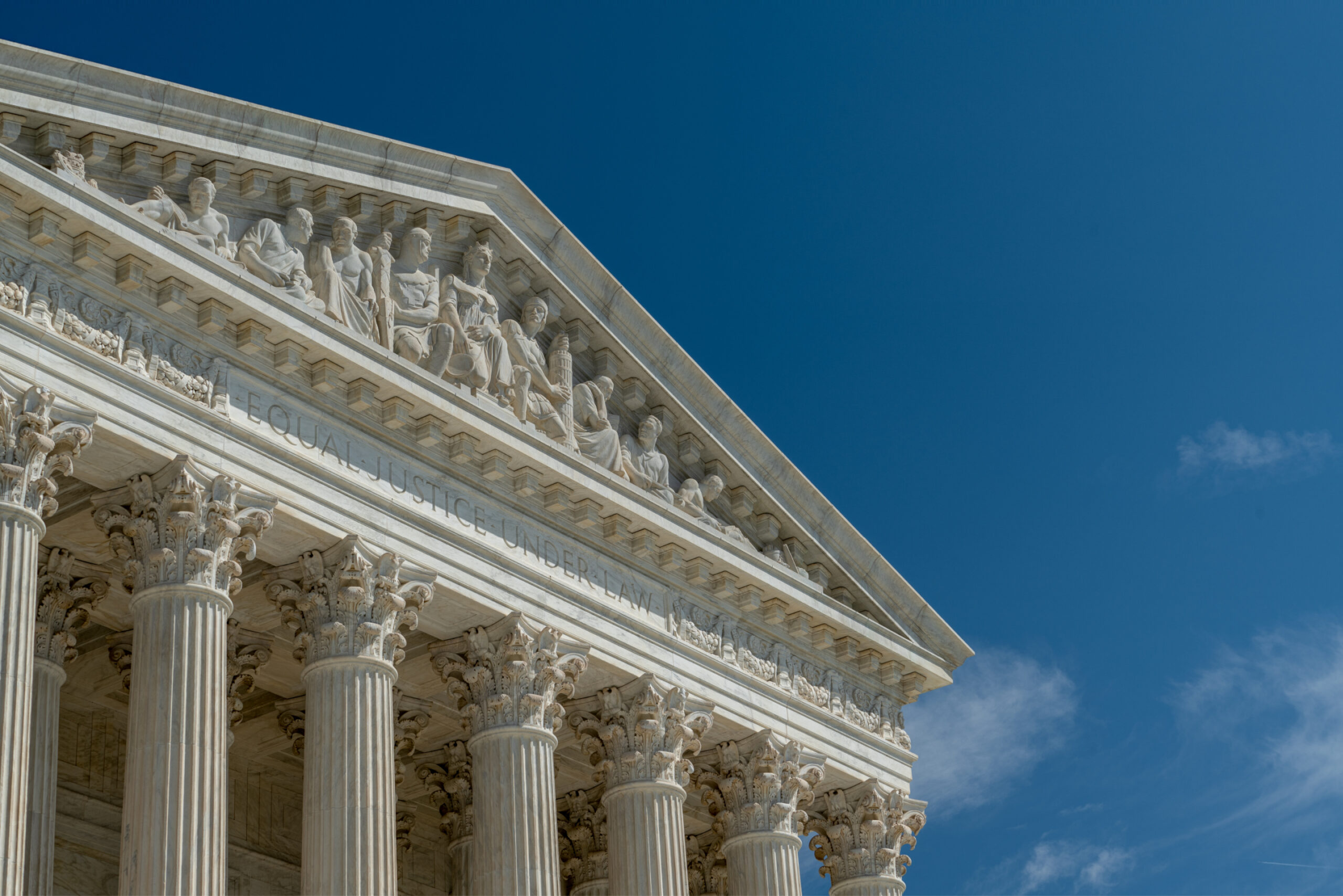Supreme Court Upholds Kentucky Law Protecting Minors from Gender Procedures

In a landmark decision Wednesday, the U.S. Supreme Court upheld a Kentucky law restricting gender-altering medical procedures for minors, reinforcing the right of states to regulate healthcare in this area. The 6–3 ruling in United States v. Skrmetti marks a significant development in a national legal battle and affirms the state’s authority to protect children from medical interventions whose long-term impacts remain the subject of intense scientific and policy debate.
The law, passed in 2023 and sponsored by Sen. Max Wise of Campbellsville, prohibits gender transition surgeries and puberty blockers for individuals under 18. It also ensures parental involvement in important healthcare and mental health decisions, and requires school policies to align with biological sex—provisions Wise and others say are designed to preserve childhood innocence and parental rights.
“Today’s decision is a victory for common sense and the safety of our children,” Wise said following the ruling. “From the beginning, the Kentucky General Assembly was focused on protecting minors from making irreversible decisions before they are old enough to fully understand the consequences. The court’s ruling affirms what most Kentuckians believe — that parents matter, science matters, and our kids deserve their childhood and innocence.”
Chief Justice John Roberts, writing for the majority, acknowledged the complexity of the issue but made clear that the power to regulate lies with elected representatives. “The voices in these debates raise sincere concerns; the implications for all are profound,” he wrote. “We leave questions regarding its policy to the people, their elected representatives, and the democratic process.”
While supporters praised the decision as a major win for child safety, critics voiced concern over its long-term implications. Several Democratic lawmakers in Kentucky described the law as government overreach and warned that it could lead to greater harm for transgender youth. Some argued that healthcare decisions of this nature should remain between families and qualified medical professionals, not be dictated by legislation.
“This is a sad day for trans kids and their families,” one lawmaker said, urging continued compassion and privacy for those navigating difficult health decisions. Others pointed to studies suggesting that supportive environments reduce mental health risks in transgender youth, expressing concern that the ruling could deepen stigma.
Still, the court rejected claims that the law violated the Equal Protection Clause of the 14th Amendment, ruling instead that states have a legitimate interest in regulating treatments for minors, especially in fields where medical consensus is still evolving.
Wise pointed to developments abroad as further justification for the law, noting that countries including Sweden, Norway, the United Kingdom, and Finland have taken steps to restrict or pause gender-altering treatments for youth due to safety and efficacy concerns.
The Kentucky law includes several key provisions:
- Bans gender transition surgeries and hormone therapies for individuals under 18.
- Requires parental involvement in health and mental health-related decisions.
- Directs school policies to align with biological sex and reinforces free speech protections for students and educators.
“This decision validates what we’ve said in Kentucky all along,” Wise added. “We have a duty to protect our most vulnerable, with or without bipartisan support. Kentucky is stronger when decency and common sense—not politics—guide our leadership.”
RECENT










BE THE FIRST TO KNOW
More Content By
Think American News Staff











